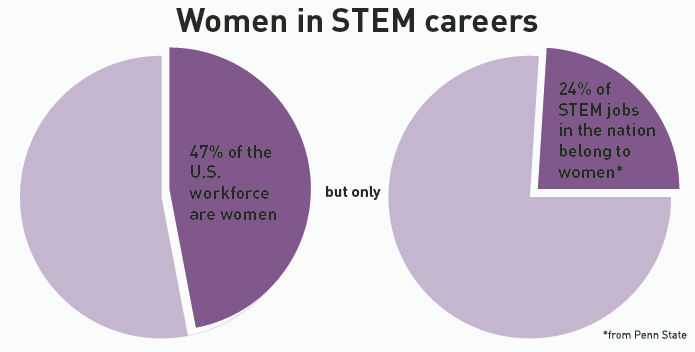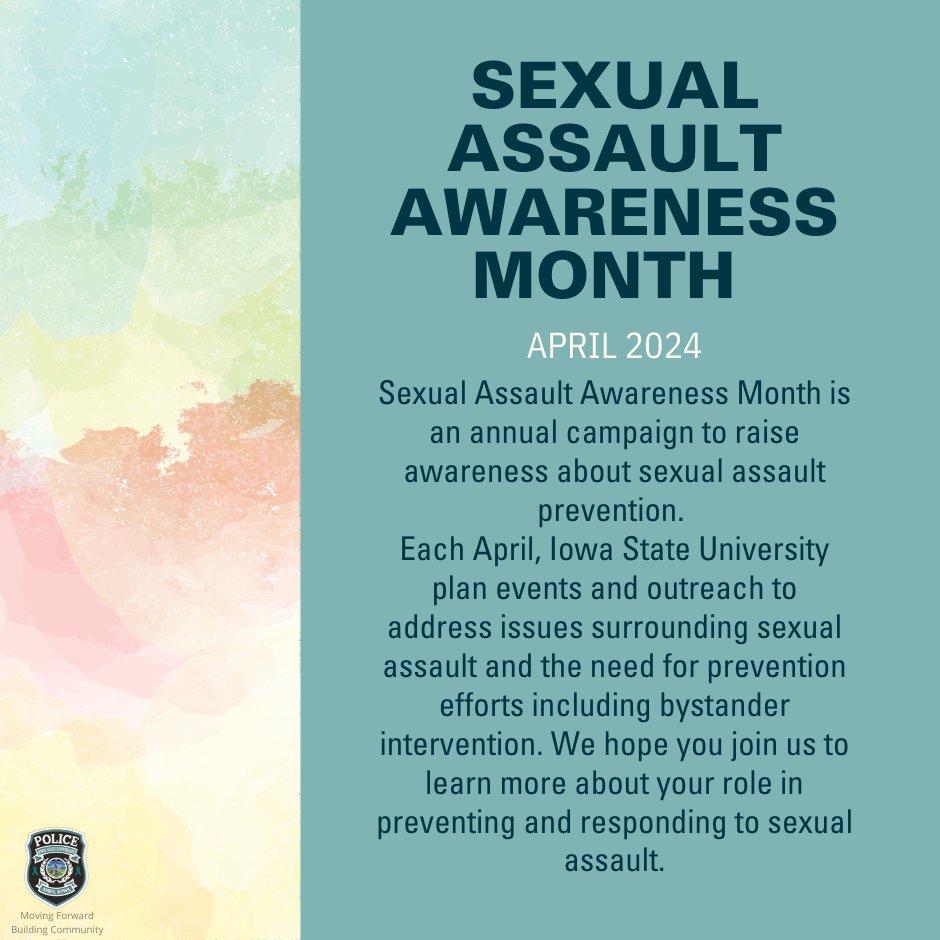Ward: Assisted suicide builds slippery slope
November 12, 2014
In a perfect world, no one would die young of debilitating diseases, homicide or of any other gruesome demise. But life is not perfect, that’s just a fact. The American Cancer Society reports that 1 in 2 men and 1 in 3 women will be diagnosed with some form of cancer in their lifetime. These statistics do not mean that those individuals will pass from cancer, they will just have to fight it. Each fight is different and as Americans we have the right to fight it in whichever way we choose. Shouldn’t we also have the right to die on our own terms as well?
Brittany Maynard was a 29-year-old healthy adventurer with a beautiful zest for life. She taught in orphanages in Nepal, spent a summer working in Costa Rica and summited Kilimanjaro. Both her and her husband of two years had plans for many more adventures down the road, including starting a family. But those plans came to a screeching halt when she was diagnosed with stage two glioblastoma on New Years Day of 2014. Her terminal brain cancer was elevated to stage four in the spring of this year giving her only six months to live.
Brittany knew where she was headed and what the path she was being pulled down was going to look like so she took a stand for her right to die, her way. After much research and debate with her husband, mother and stepfather, they uprooted their lives to move from home in San Francisco Bay to Oregon, one of the three states offering the Death with Dignity Act.
The Death with Dignity Act originated in Oregon in 1994 and was passed into law in 1997. Washington followed in 2008 along with Vermont in 2013. The act gives terminally ill, mentally stable adults the option to end their suffering on their terms and not let their illness do it for them. The patients must be 18 years of age or older, in a sound state of mind with the ability to communicate their own medical needs to their primary healthcare provider and must be a resident of one of the three states with the law. If a patient meets these requirements, their primary physician may prescribe the life-ending medication that the patient would administer to themselves when and if they chose to do so.
This was the route that Brittany and her family chose and on Nov. 2 she took the medication to end her life surrounded by family and friends.
I have seen what cancer does to a person and it was probably the most painful thing I have ever had to witness, to say nothing of actually experiencing it. My grandfather battled cancer through my entire existence until he passed in 2008. I watched him change before my eyes from a man full of life to someone who was almost physically unrecognizable. Brittany was experiencing the exact same situation.
In one of her vlogs, she admits that since her diagnosis she had gained 25 pounds from all of the prescription medications she had been taking and she was experiencing frequent seizures. She was slowly turning into someone she never wanted to be and had she made the choice to stay alive, she would not have been truly living. If she allowed the tumor to continue to grow she would have eventually began experiencing “body weakness, memory and/or speech difficulties, and visual changes,” (American Brain Tumor Association).
I believe that in the face of a terminal illness people should have the right to choose their own path — they shouldn’t have their autonomy taken away because of something taking over their body. But not everyone shares these views. When you boil it down, it is suicide and among various groups, especially religious organizations, suicide is a sin.
Father Jon Seda of St. Thomas Aquinas Church and Catholic Student Center, for example, does not believe that this act should be passed nationally. “I am against making this legal because I think it just further cheapens human life, and makes it seem like this awesome gift is disposable at our will.” Father Seda also adds, “Only God can give life, and only God should take life. Life is a gift, not a possession.”
Ideas like this further complicate this already touchy issue, although I clearly see his point. Life is something to be treasured and if this law were to be passed nationally, the potential for abusing it could arise, ending in the deaths of people who could have survived their illness. Hypothetically, if a person had formally experienced depression and was then diagnosed with a terminal illness and had access to this act and life-ending medication, they could use it as their way out and that would be a misrepresentation of the point of this act.
I personally believe that each of us has a right to live and a right to die if faced with a terminal illness and therefore that this act should be part of the national discussion. However, further stipulations would need to be implemented to ensure that no one gives up hope when there is still hope to be had.
















